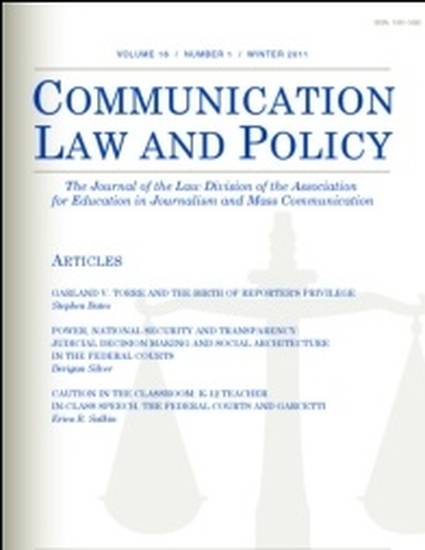
There is no way to overstate the severity of the problems related to social inequality today, and treatment of hate speech in the United States is problematic in light of these escalating tensions. Long-standing arguments that free speech serves as a societal pressure valve and that open speech leads to truth hold little sway when, 200 years later, hatred against groups based on their identities is still rampant and insidious. The concept of hate speech and the subsequent calls for possible restriction raise complicated issues. This article proposes a shift in emphasis from the negative protection of individual rights instead toward a more positive support of social equality. Utilizing Axel Honneth’s theory of recognition, this article develops a two-tiered framework for free speech analysis that will promote a strategy for combating hate speech in the global twenty-first century.
Available at: http://works.bepress.com/chris_demaske/8/
